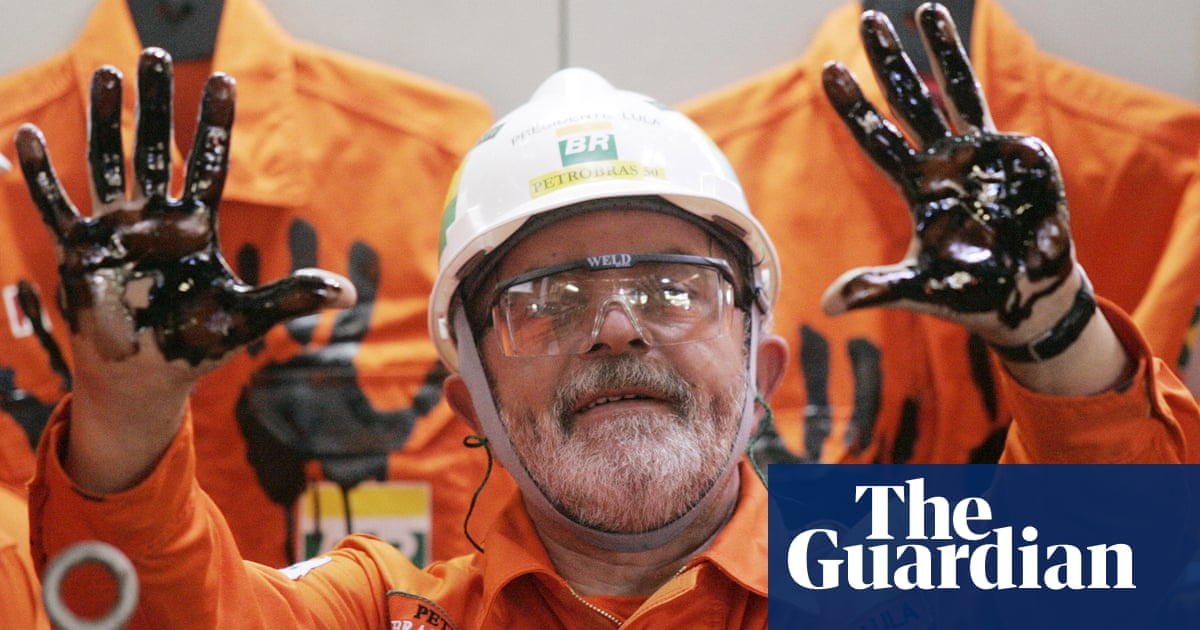About half the countries in the region are experiencing a rush in oil exploration that threatens the global drive to achieve net zero. But many argue that they have a right to enrich themselves in the same way the west has
His raised hands dirty with oil, the president of Brazil, Luiz Inácio Lula da Silva – then in his first term – stood in front of the cameras with a broad smile on his face during the inauguration of Platform P50, located in Campos, Rio de Janeiro. Petrobras, a state-controlled national company, had discovered immense oil and gas deposits in the Atlantic Ocean’s depths.
“Today we are celebrating another independence,” said Lula. “We are witnessing a milestone that will mark a new era to Brazil’s development.”
That was 21 April 2006. Eighteen years later, amid fears for the impact on the climate crisis, a new oil rush is underway in Latin America and the Caribbean as the region is heading for a boom in exports of “black gold”.
At least 16 of the 33 Latin American and Caribbean countries are involved in about 50 major new oil and gas onshore and offshore projects.
Two new powerhouses, Brazil and Guyana, are expected to register two of the three largest increases in fossil fuel exports by 2035.



This is the best summary I could come up with:
His raised hands dirty with oil, the president of Brazil, Luiz Inácio Lula da Silva – then in his first term – stood in front of the cameras with a broad smile on his face during the inauguration of Platform P50, located in Campos, Rio de Janeiro.
According to the latest report from the International Energy Agency (IEA), production in Latin America and the Caribbean, which stood at 8m barrels a day (mb/d) in 2022, will continue to grow above demand, adding 2 mb/d destined for export by 2030.
Meanwhile, Suriname has become a “rising star” in the oil market with some big offshore discoveries, including new deposits in Block 58 by TotalEnergies and APA, estimated at 700m barrels, with the potential to transform the economy of South America’s smallest nation.
Marcelo Mena, Chile’s former environment minister and the former director of the Climate Action Center at Pontificia Universidad Católica de Valparaíso (PUCV), says that the strategy of investing in oil is a mistake.
Thomas Singh, a lecturer in the Department of Economics at the University of Guyana, acknowledges that “the oil discovery has happened at a wrong time in our history … when there is serious discussion about global climate change and the need for decarbonisation”.
According to Carlos Nobre, a Brazilian scientist, meteorologist, and member of the UK’s Royal Society who warned the world about the risk of a tipping point and the “savannisation of the Amazon”, investing money and technology in oil prospecting and exploration today could be a decisive mistake for humanity’s future.
The original article contains 1,625 words, the summary contains 257 words. Saved 84%. I’m a bot and I’m open source!